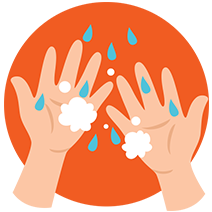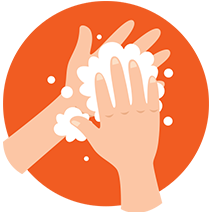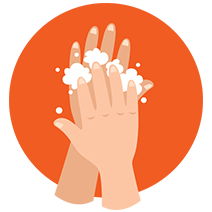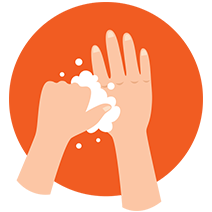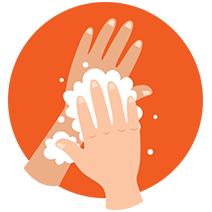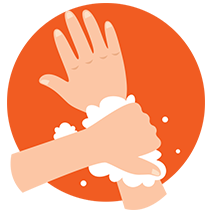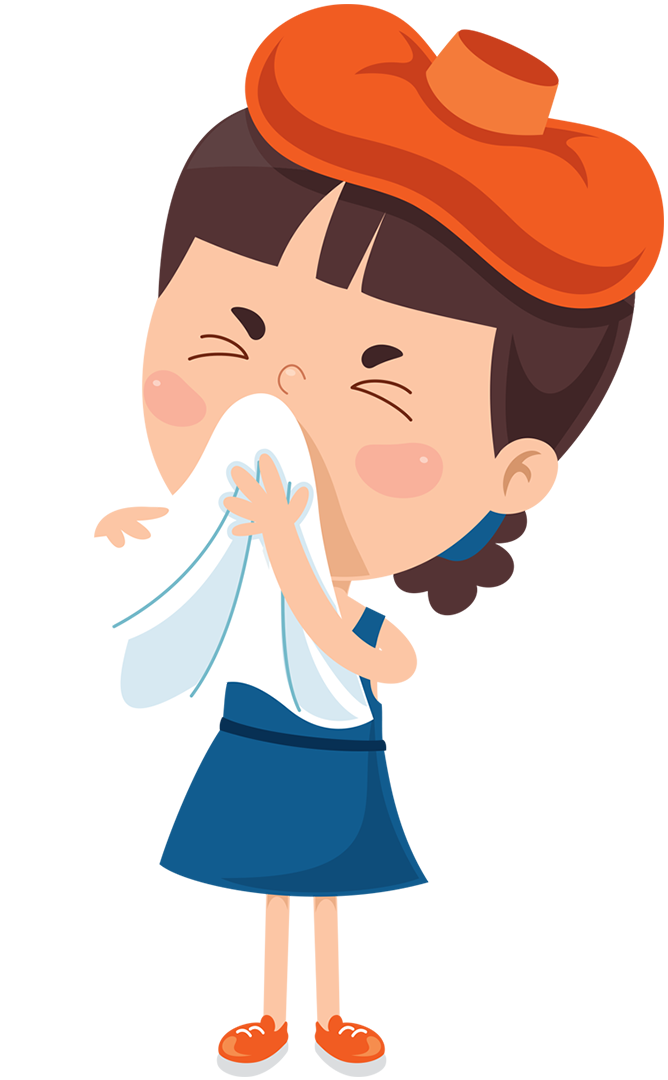


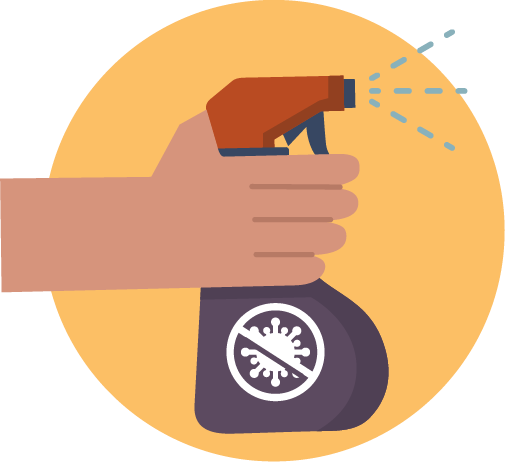
Cleaning with a household cleaner that contains detergent reduces the amount of germs on surfaces and decreases risk of infection from surfaces. cleaning alone removes most virus particles.
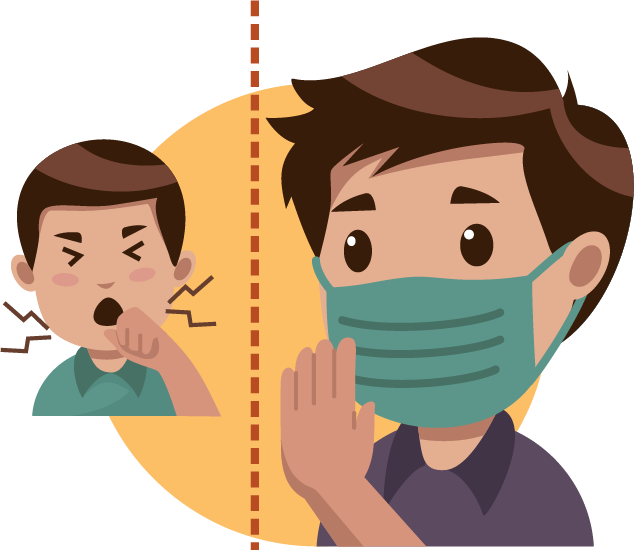
Maintain at least 1 metre distance in market places, medical stores, etc. Avoid shaking hands and hugging as a matter of greeting. Avoid non-essential social gathering at home.

To reduce the spread of covid-19 experts recommend that you not touch your face because the virus is transmitted through nose and eyes. A face mask can act as a reminder to not touch your face.
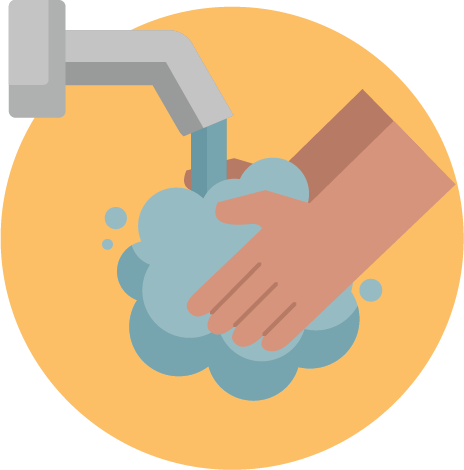
Wash your hands with soap and running water when hands are visibly dirty. If your hands are not visibly dirty, frequently clean them by using alcohol-based hand rub or soap and water.

Covering your mouth when you sneeze with your elbow or tissue will greatly reduce the number of germs that are able to spread to people and objects around you.
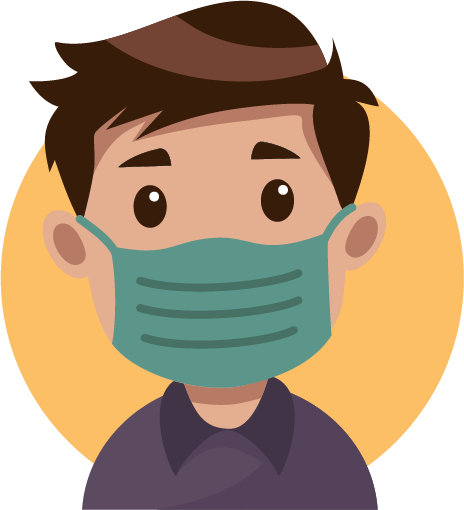
Masks should be used as part of comprehensive strategy of measures to suppress transmission and save lives. Make sure it covers both your nose, mouth and chin.


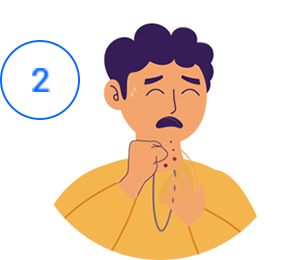
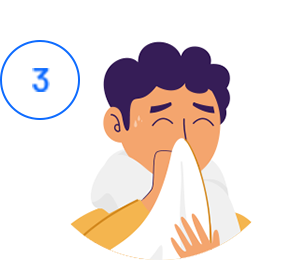


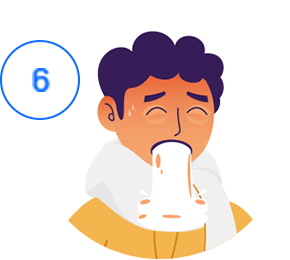

Germs from unwashed hands can be transferred to other objects, like handrails, table tops, or toys, and then transferred to another person's hands.

For indoor public settings such as busy shopping centres, religious buildings, restaurants, schools and public transport, you should wear a mask.

You are required to isolate yourself for at least 10 days from when your symptoms began and at least 24 hours after your fever has gone and your symptoms have improved.

Wash your hands and make sure children wash hands after contact with pets. Avoid touching animals with bald spots.
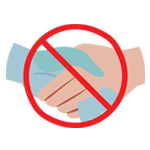
Avoid close contact with people who are sick. If possible, maintain 6 feet between the person who is sick and other household members.

Avoid shaking hands and hugging as a matter of greeting. Avoid non-essential social gathering at home.
